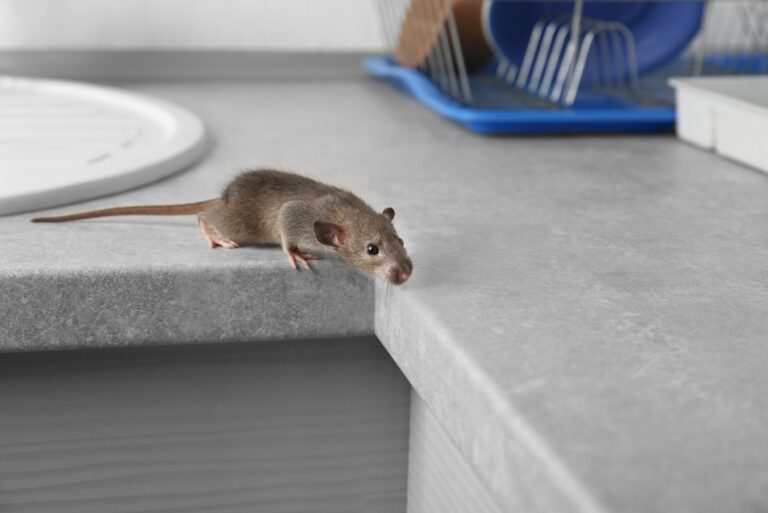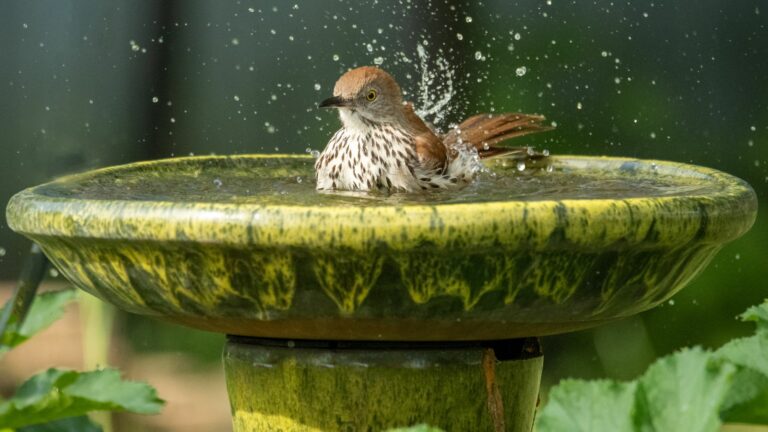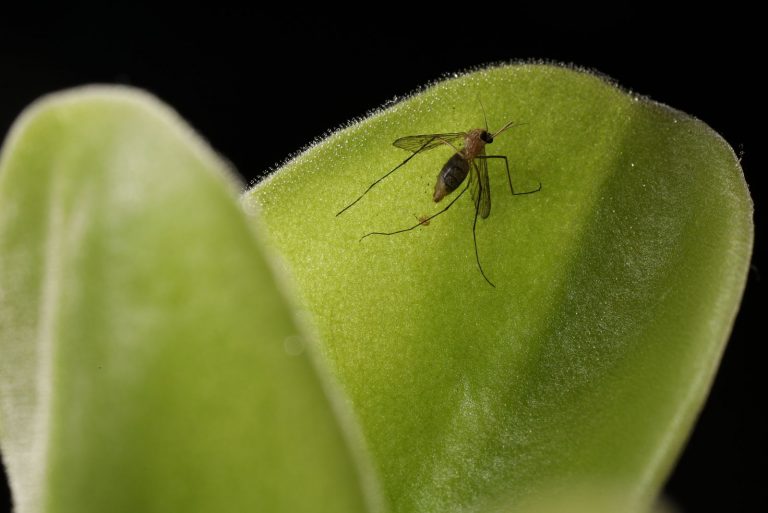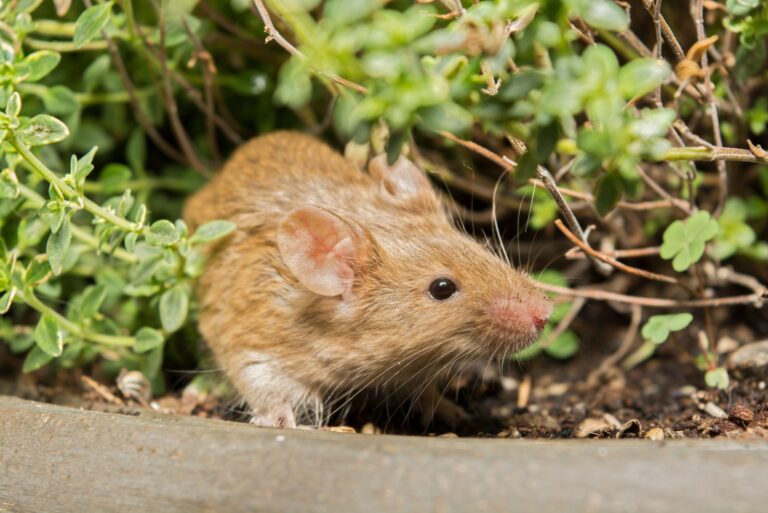Michiganders Use These 12 Plants To Keep Rats Out Of Their Yards
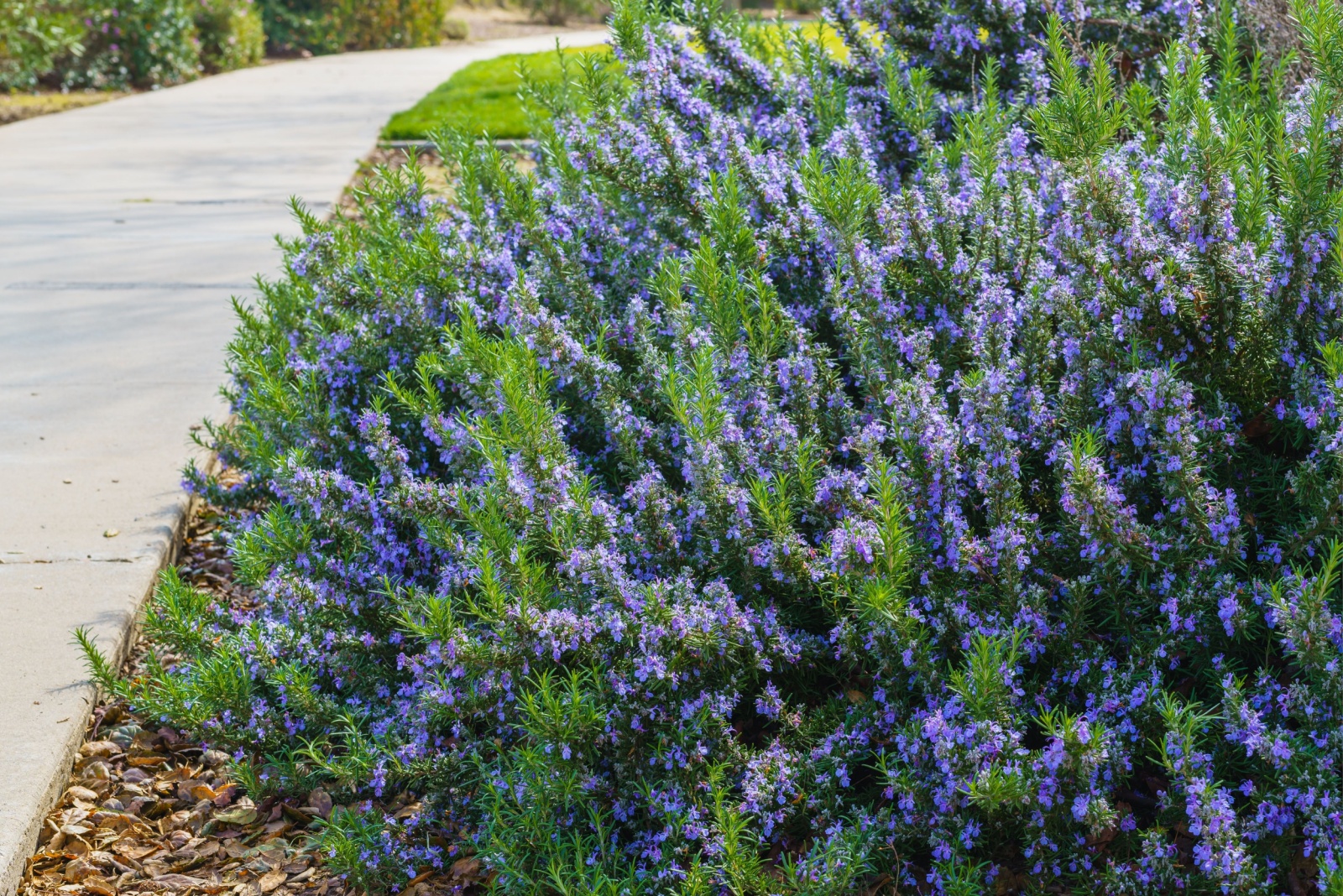
Rats can be a real problem in Michigan yards, especially when they start digging through gardens and making nests near homes. Instead of using harsh chemicals or traps, many Michiganders have discovered a natural solution that works surprisingly well.
Certain plants give off strong scents that rats absolutely hate, making them turn around and find somewhere else to live.
1. Peppermint
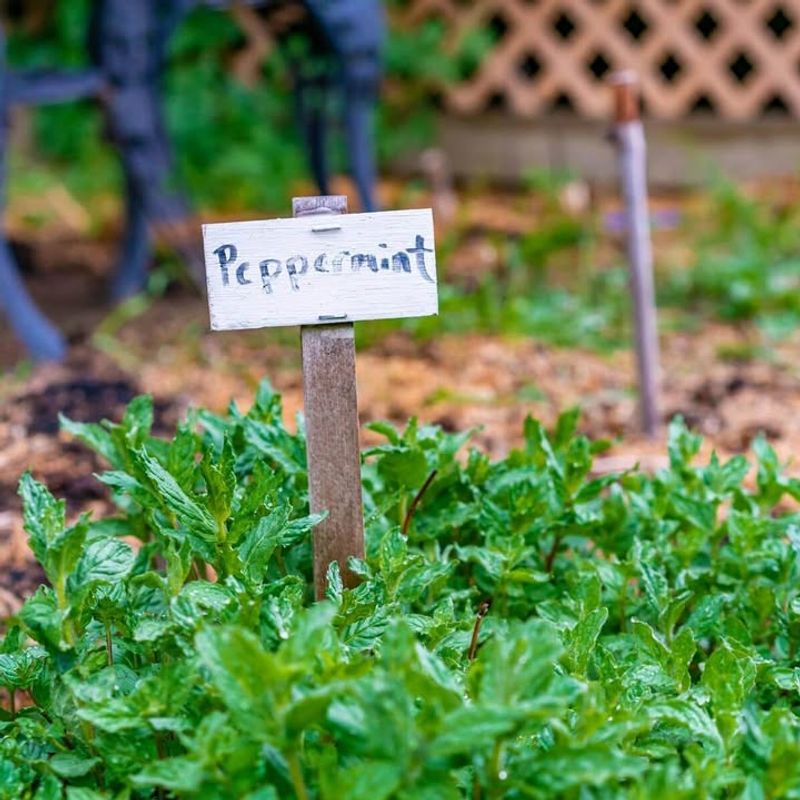
Strong menthol aromas waft from peppermint leaves, creating an invisible barrier that rodents refuse to cross. Rats have incredibly sensitive noses, and the sharp scent overwhelms their senses, sending them scurrying away fast.
Plant peppermint along fence lines or near entry points to your home for maximum protection. The plant spreads quickly, so consider using containers to keep it from taking over your entire garden. Fresh or dried leaves work equally well at keeping unwanted visitors away from your property.
2. Lavender

While humans find lavender calming and pleasant, rats experience the opposite reaction to this purple-flowered wonder. Its powerful essential oils trigger an instinctive avoidance response in rodents, making them seek shelter elsewhere immediately.
Lavender thrives in Michigan summers and requires minimal care once established. Position plants near doorways, patios, or vegetable gardens where you want extra protection. The bonus? You get gorgeous blooms and a delightful fragrance that makes your outdoor space more enjoyable for family gatherings.
3. Rosemary
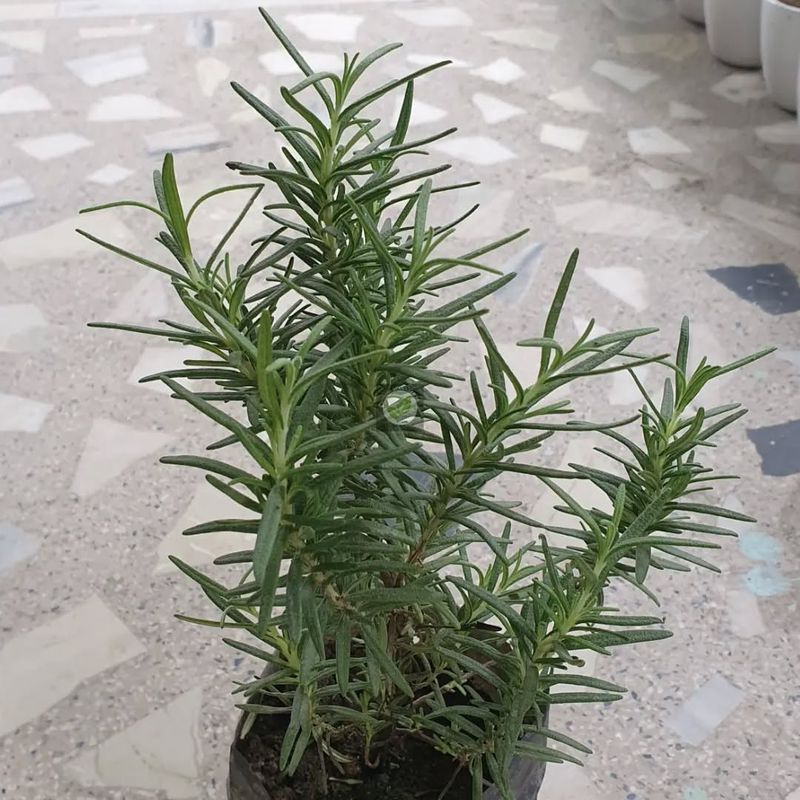
Rosemary packs a one-two punch against rodent invaders with its pine-like scent and needle-shaped leaves. Rats dislike both the smell and the texture, making this Mediterranean herb an excellent natural deterrent for Michigan homeowners.
This woody perennial can survive mild Michigan winters with proper mulching and protection. Use it as a border plant around vegetable beds or alongside pathways where rats typically travel. Plus, you can snip fresh sprigs for cooking whenever you need them for dinner recipes.
4. Marigolds
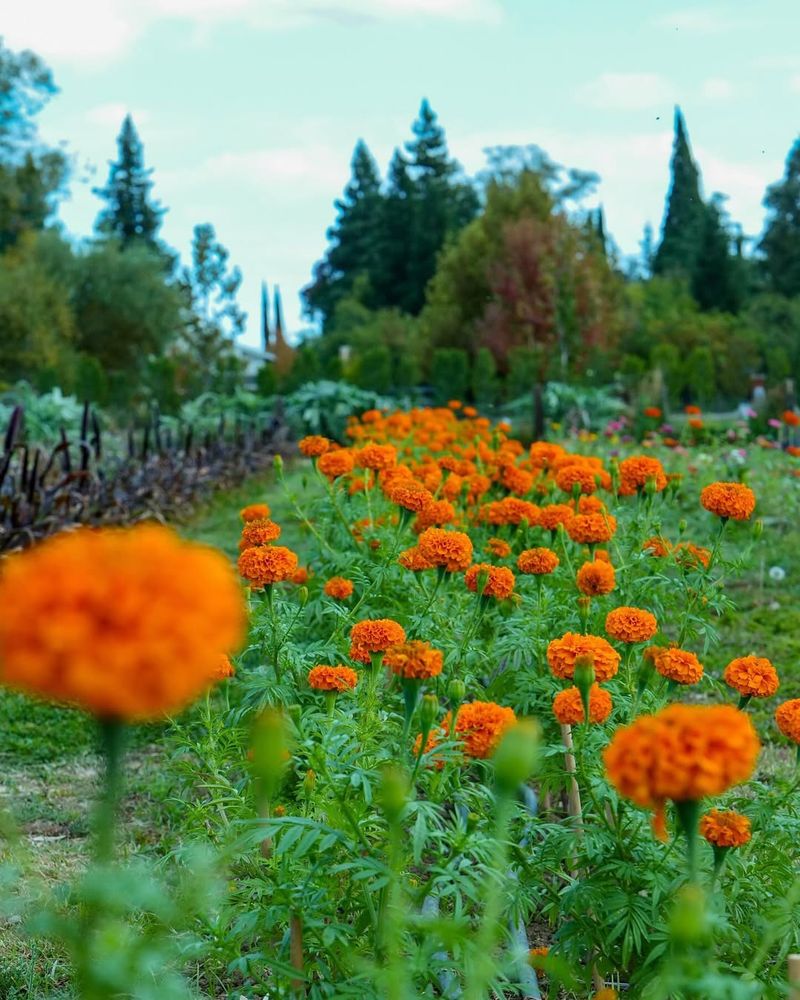
Did you know marigolds contain pyrethrum, a natural compound that repels many pests including rats? Their pungent odor acts like a warning sign, telling rodents to stay far away from your property.
These cheerful flowers are super easy to grow from seed and bloom all summer long in Michigan. Plant them generously around garden edges, near compost bins, or alongside sheds where rats might hide. Their vibrant colors also attract beneficial pollinators while keeping the bad guys out of your yard completely.
5. Garlic
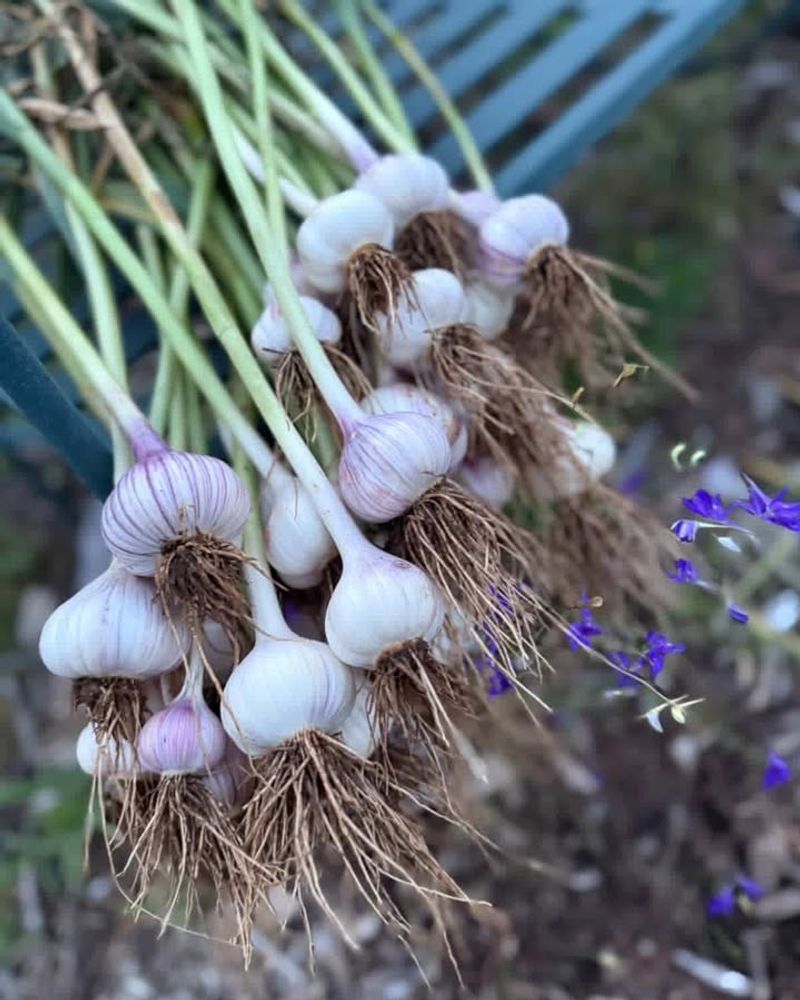
Garlic releases sulfur compounds that rats find absolutely unbearable, making it one of the most effective natural repellents available. Even a small patch can protect a surprisingly large area around your home or garden beds.
Plant garlic bulbs in fall for the best results in Michigan’s climate. Space them around vulnerable spots like chicken coops, garbage areas, or foundation plantings. When harvest time arrives, you get fresh garlic for your kitchen while maintaining year-round protection from the lingering scent in the soil.
6. Daffodils
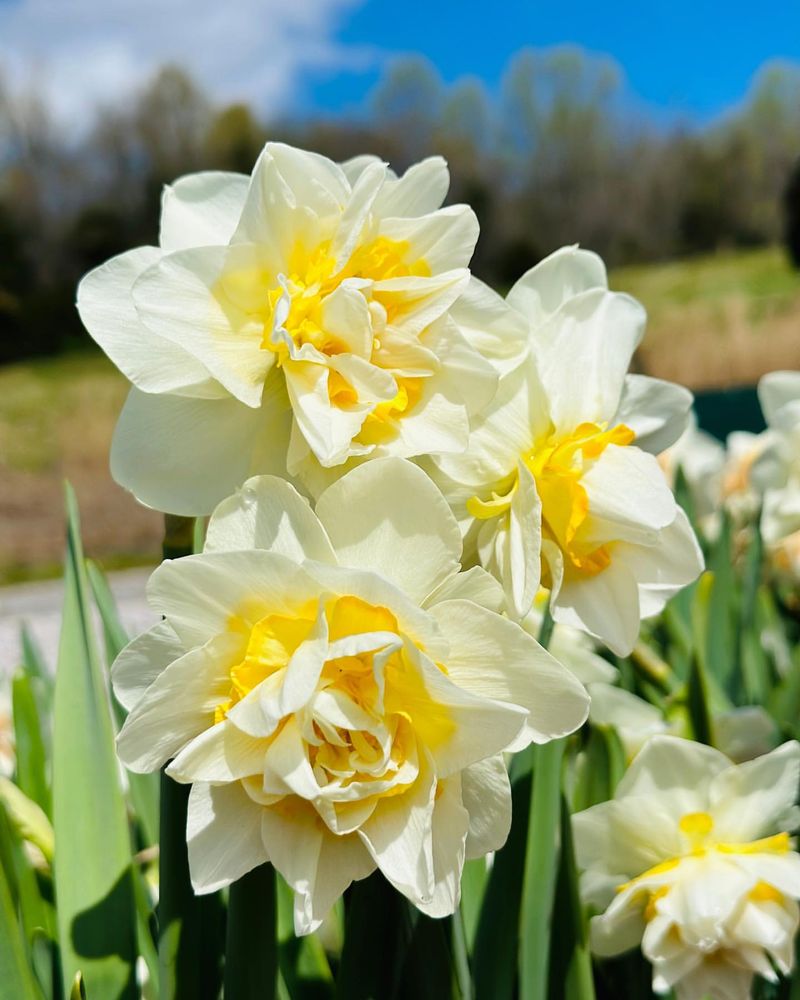
Every part of the daffodil contains toxic alkaloids that rats instinctively avoid after one sniff. Their bright yellow blooms signal the arrival of spring while simultaneously keeping rodents at a safe distance from your property.
Plant bulbs in clusters around your yard during autumn for spectacular spring displays. Daffodils multiply naturally over time, creating larger protective zones without extra work. They’re also deer-resistant, solving multiple wildlife problems with one beautiful solution that returns reliably each year without replanting efforts.
7. Mint Varieties
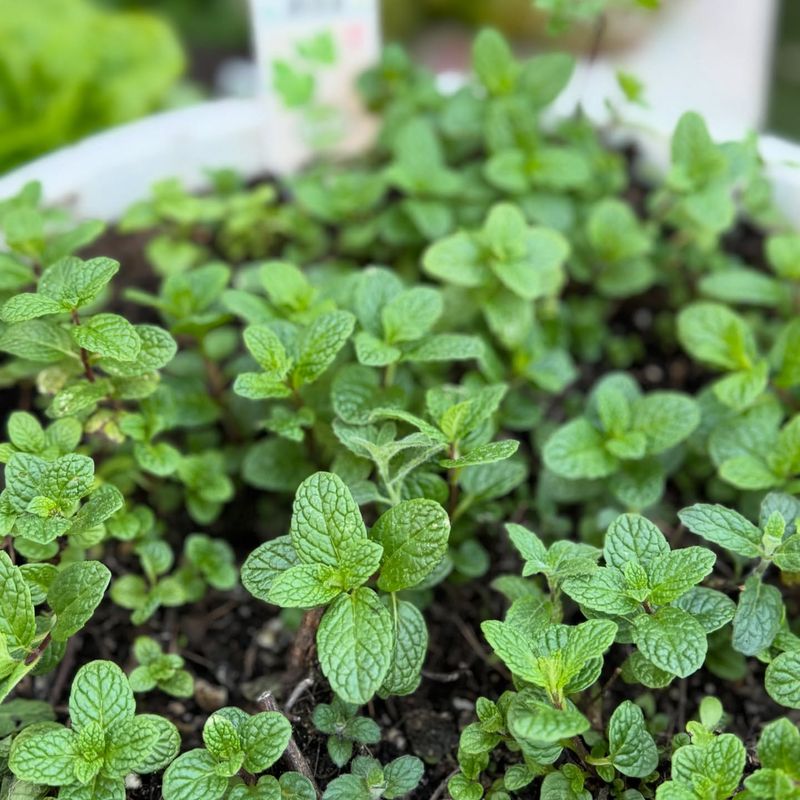
Beyond peppermint, spearmint and other mint varieties pack similar rat-repelling powers with slightly different aromatic profiles. Rats can’t stand the menthol family of scents, making any mint type a smart defensive choice for Michigan homeowners.
Mint grows aggressively, so container planting prevents it from invading other garden areas. Place pots strategically near entry points, garbage storage, or outdoor dining spaces. Fresh mint leaves also make refreshing summer beverages, giving you practical uses beyond just pest control for your family.
8. Chrysanthemums
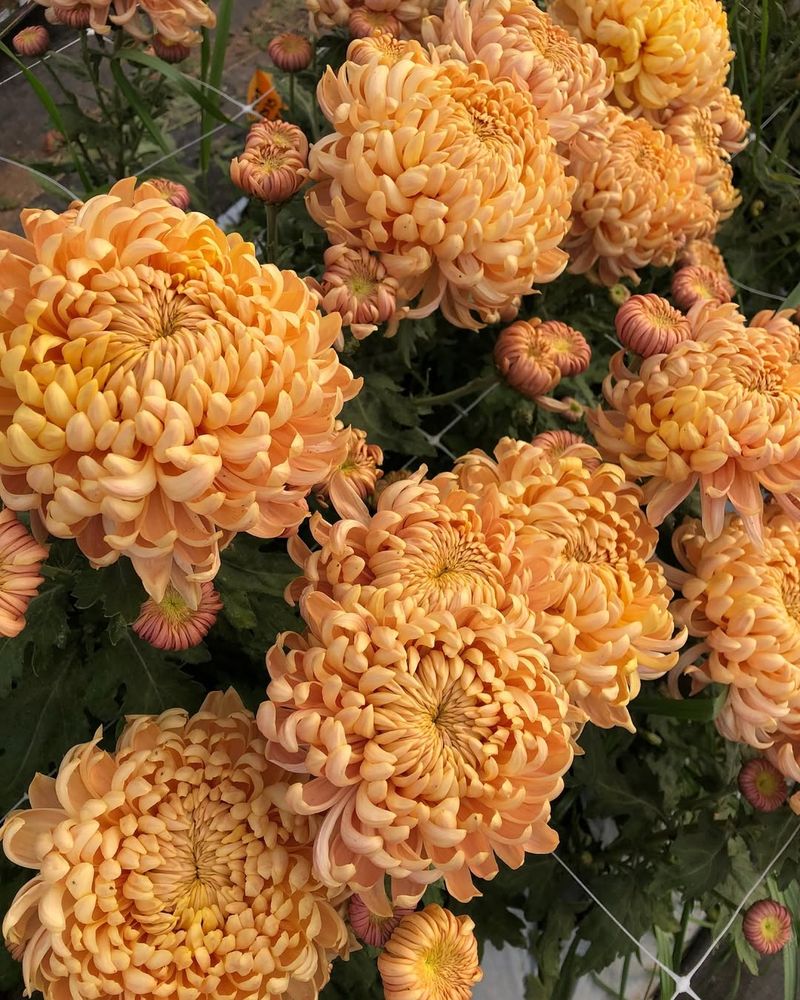
Chrysanthemums naturally produce pyrethrin, the same ingredient used in many commercial pest repellents. Rats recognize this chemical signature and avoid areas where mums are planted, making fall gardens both beautiful and rodent-free.
Plant chrysanthemums in late summer for spectacular autumn color throughout Michigan neighborhoods. Position them near foundations, doorways, or anywhere you’ve noticed rat activity previously. Their dense growth habit creates physical barriers while chemical compounds provide invisible protection that lasts through the entire blooming season.
9. Catnip
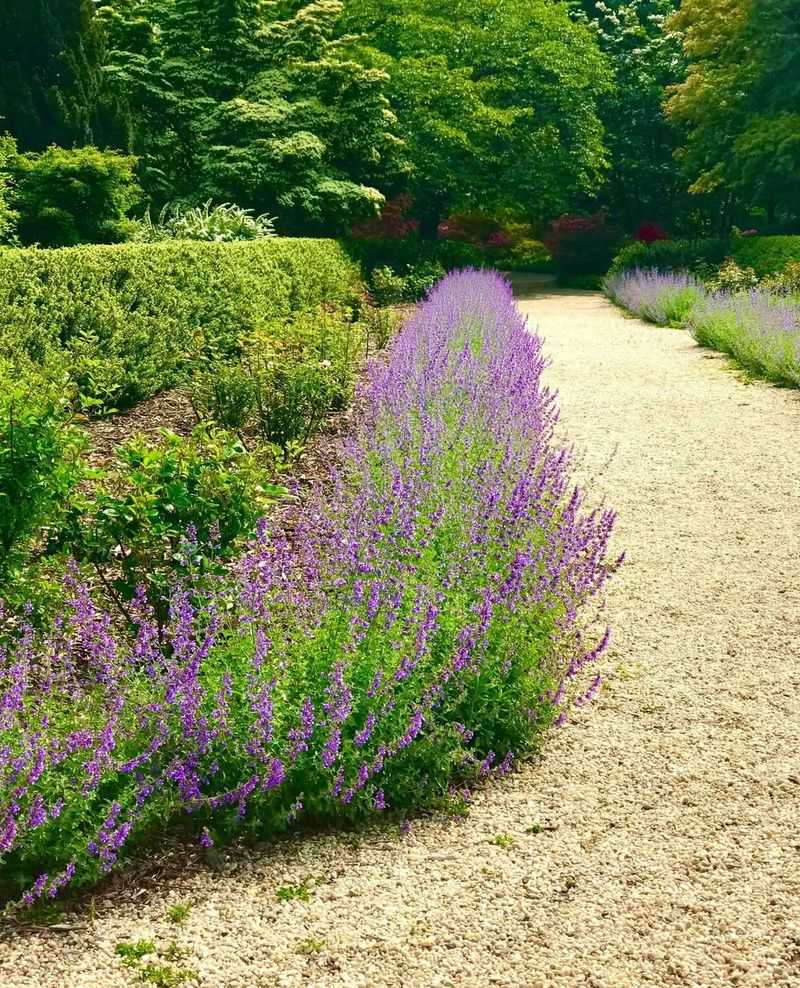
While cats go crazy for catnip, rats have the complete opposite reaction to this member of the mint family. The nepetalactone oil it produces acts as a powerful deterrent, keeping rodents away while potentially attracting neighborhood felines who hunt them.
Catnip grows easily in Michigan’s climate and tolerates various soil conditions. Scatter plants around your property perimeter or near vulnerable spots like woodpiles. Just remember that local cats might visit more often, which actually provides bonus rodent control through natural predation patterns.
10. Onions
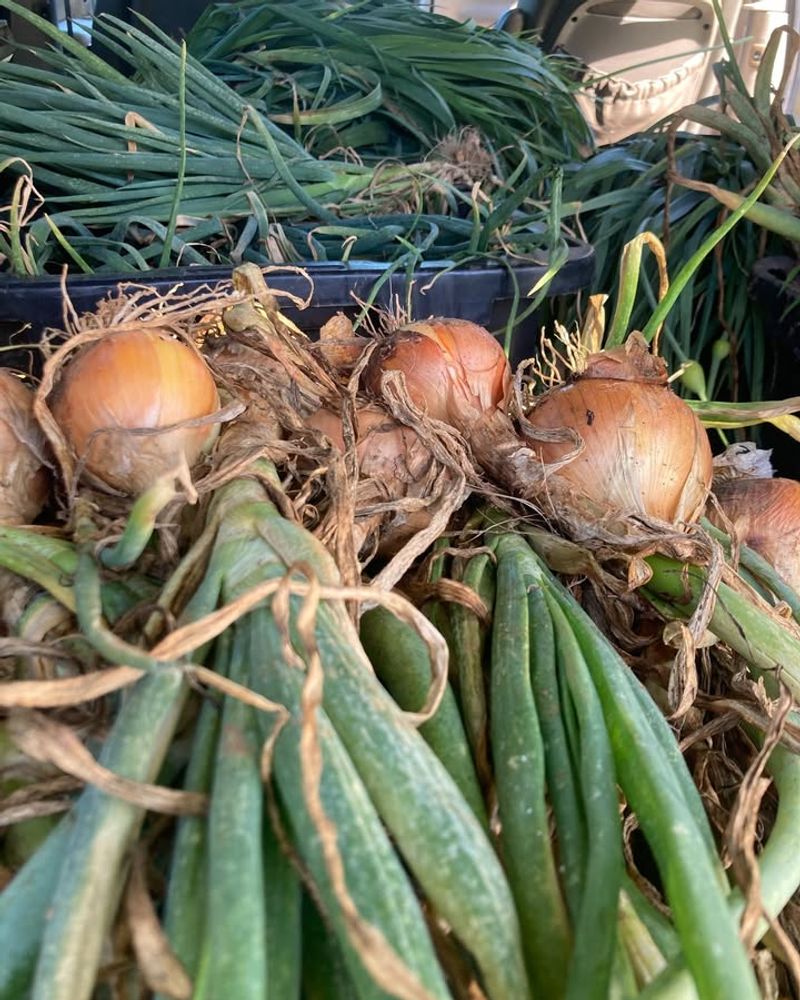
Onions share garlic’s sulfur-based defense system, releasing compounds that irritate rat nasal passages and drive them away quickly. Planting onions creates edible protection that serves double duty in Michigan gardens throughout the growing season.
Space onion sets around garden borders or between other vegetables for layered defense. Their upright growth doesn’t shade neighboring plants, making them ideal companion plants. After harvesting your onions for cooking, the lingering scent in soil continues deterring rats for weeks, providing extended protection beyond harvest time.
11. Sage
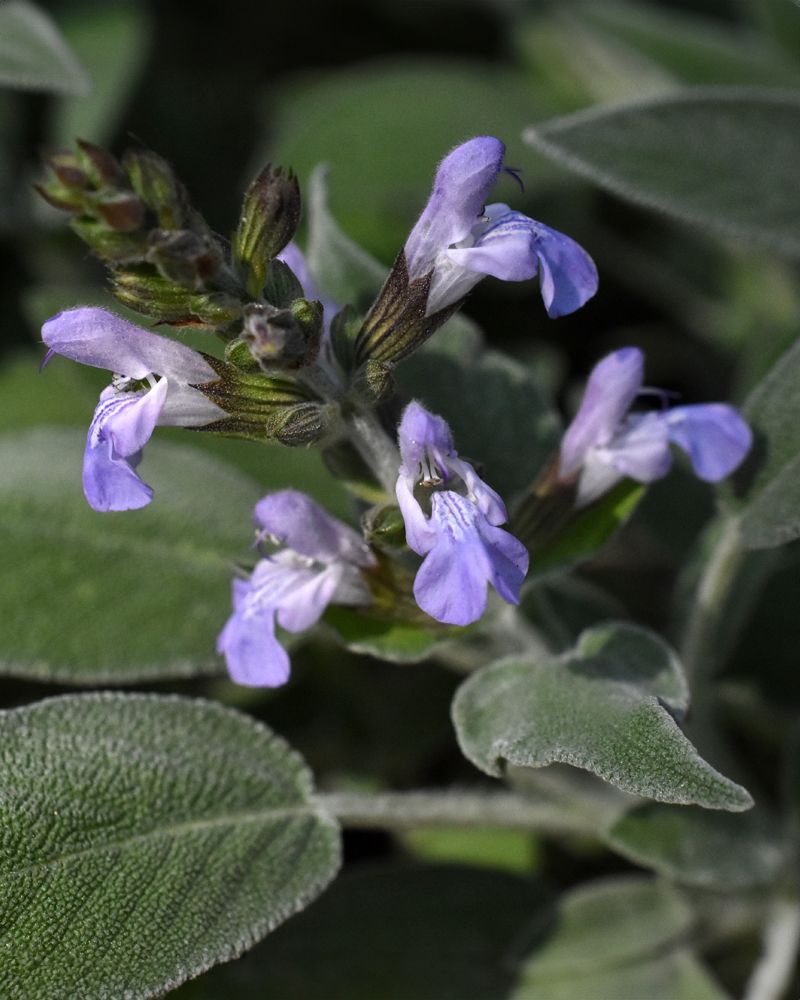
Sage leaves contain camphor and other aromatic oils that create an unpleasant environment for rats seeking shelter. Its fuzzy texture and strong scent work together, making rats choose alternative routes away from your home and garden spaces.
This drought-tolerant herb survives Michigan summers with minimal watering once roots establish. Plant sage near outdoor seating areas or kitchen gardens where you want rat-free zones. Harvest leaves regularly for cooking, which actually encourages bushier growth and releases more protective scent into the surrounding air naturally.
12. Black Pepper Plant
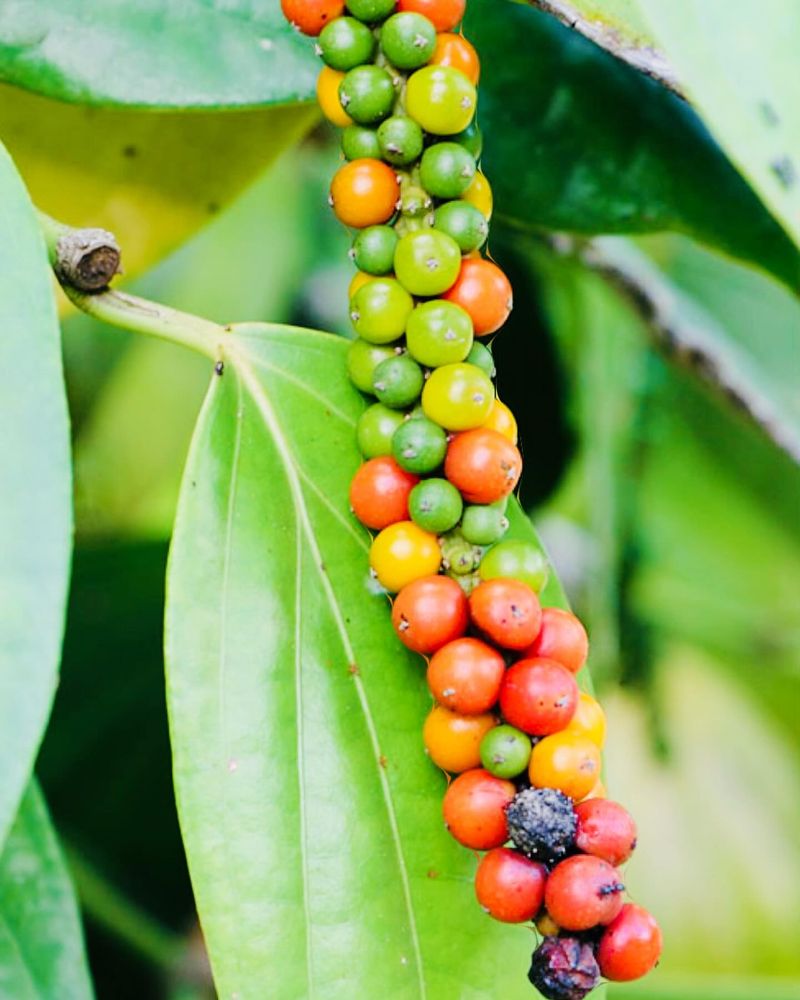
Ground black pepper irritates rat respiratory systems, and growing actual pepper plants provides continuous natural protection. The piperine compound responsible for pepper’s spiciness affects rodents even more intensely than humans, creating highly effective barriers around your property.
While true pepper plants need indoor overwintering in Michigan, they thrive outdoors during summer months. Place containers near problem areas or sprinkle dried peppercorns around plants for immediate protection. The spicy aroma lingers long after application, maintaining defensive perimeters without constant reapplication efforts.



